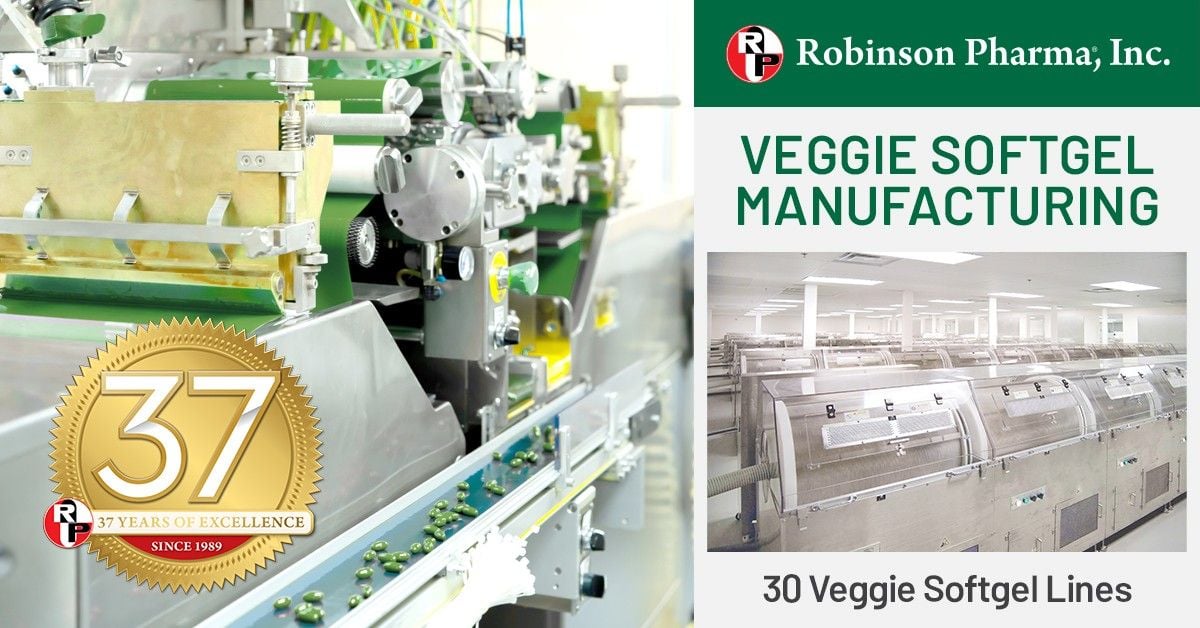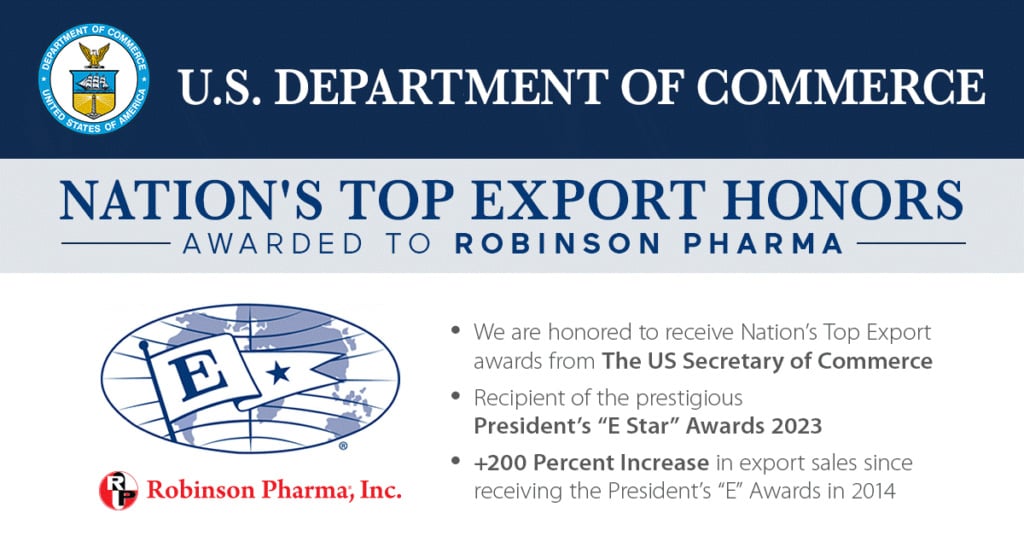The growing demand for improved customer health requires supplement brands to produce and enhance their products’ quality continuously. One effective solution for optimizing processes and achieving cost efficiency is contract manufacturing. Recognizing the benefits of contract manufacturing, many small and medium-sized enterprises are increasingly exploring and adopting this model. In the following article, we will examine the advantages of contract manufacturing and its pros, cons, and considerations when choosing the right production partner.
Key Takeaways
- Contract manufacturing for supplement brands involves hiring an external company to produce specific products or components.
- The benefits of contract manufacturing include enhanced product quality, cost reduction, resource savings, shorter production times, and increased scalability.
- Potential risks of contract manufacturing include loss of quality control, hidden costs, compliance risks, and communication challenges.
- When seeking an ideal contract manufacturer, consider their reputation, experience, available resources, workforce qualifications, and modern equipment.
What is Contract Manufacturing?
Contract manufacturing in the supplement industry refers to an outsourcing arrangement where a company hires a third-party manufacturer to produce specific products or components. The contract manufacturer handles all or part of the production process, including raw material provision, manufacturing, quality control, and final delivery. The hiring company then uses the completed product as their final product.
This solution is ideal for supplement companies looking to expand production without significant investments in equipment, infrastructure, and human resources. Contract manufacturing can offer numerous benefits, such as cost savings, improved product quality, and streamlined processes. However, it also comes with certain risks, such as challenges in maintaining flexibility, quality control, and responsiveness to customer feedback.

Who Benefits from Contract Manufacturing?
Contract manufacturing benefits various types of businesses in the supplement industry. You might consider this model if you are one of the following:
- Startups: These businesses often use contract manufacturing to save on infrastructure and production equipment costs. By outsourcing production, they can focus on product development and marketing strategies while minimizing financial risks.
- Large Companies Managing Multiple Supplement Brands: Large corporations benefit from contract manufacturing when scaling production or streamlining processes. Utilizing contract manufacturing services allows them to maintain high product quality without investing in new technology and workforce.
- Individual Supplement Brands: Contract manufacturing provides flexibility in designing and producing complex products. Contract manufacturers can help smaller brands optimize their production processes and deliver high-quality products to consumers without incurring excessive production costs.
10+ Benefits of Contract Manufacturing for Supplement Brands
Higher Quality Products
In the supplement industry, ensuring product quality is crucial. Contract manufacturing offers significant quality benefits by leveraging advanced technology and the technical expertise of engineers and specialists.
This results in higher-quality products with superior accuracy and features than a small company or brand could achieve independently. This complex process enhances product performance and ensures consistency in details, thereby increasing customer satisfaction and value.

Cost Efficiency
Contract manufacturing can help supplement brands optimize costs, delivering clear financial benefits. For instance, producing in-house would require significant investments in expensive equipment, infrastructure maintenance, and effective labor management. Contract manufacturing reduces these costs substantially.
Additionally, it helps brands avoid unexpected expenses, saving on labor, maintenance, and equipment costs. Knowing production costs in advance allows better budget control and maximizes return on investment (ROI).
Resource Savings
Resource savings is also one of the benefits of contract manufacturing for supplement brands looking for manufacturers. Contract manufacturing helps brands optimize their resources and assets effectively. Contract manufacturers often implement lean production methods to minimize waste and reduce costs, lowering carbon emissions and contributing to environmental protection.
Moreover, outsourcing production frees up the time of internal staff. Instead of focusing on technical details and production processes, the team can concentrate on other critical activities such as branding, marketing, and strategic development.
Reduced Labor
Contract manufacturing can reduce the need for internal labor, bringing several benefits to businesses. Instead of hiring and managing a large team of managers, engineers, and workers, dietary supplement brands can leverage the workforce of contract manufacturers.
Contract manufacturers hire and manage their staff, which helps save on costs and effort related to recruitment, training, and employee retention. Supplement businesses also don’t have to worry about payroll management or scheduling, allowing them to focus on product development, marketing, and brand building.
Faster Time to Market
Contract manufacturing also provides a crucial advantage in terms of speed to market. Contract manufacturers often use advanced technologies and modern production processes to optimize manufacturing. Their professionalism and extensive experience make bringing a final product to market quicker and more efficient.
Scalability
Every business aims for and considers scalability to meet market demands flexibly and effectively. Contract manufacturers often negotiate raw material costs, which helps maintain low costs even as production volumes increase, allowing a brand to start small and quickly scale up production as market demand grows.
Particularly, when a brand needs to reach international markets, contract manufacturers with extensive networks can help simplify this process, reducing risks related to language barriers and shipping costs.

Ideal for Startups and Small Businesses
Contract manufacturing also significantly benefits startups and small businesses in the dietary supplement industry. These businesses often need help investing in production infrastructure, specialized equipment, and staff. Contract manufacturing is an ideal solution that helps them overcome these barriers.
Additionally, advantages of contract manufacturing provides small businesses access to advanced manufacturing technology and high-quality processes that they might need help to afford. This enables brands to focus on marketing and market expansion.
End-to-End Options
Contract manufacturers often provide comprehensive services, offering an end-to-end solution for the production process of brands. These manufacturing partners handle not only the production of products but also the entire stages of sourcing materials, production, packaging, and final product shipment. Utilizing full-service options helps dietary supplement brands optimize the production process and reduce the complexity of managing multiple suppliers.
Industry-Specific Solutions
Contract manufacturers can offer tailored design and production solutions for the dietary supplement sector. With their extensive experience and specialized knowledge, manufacturers can advise, support, and help businesses adjust product quality to meet industry standards.
Accurate Cost Estimates and Deadlines
In any business, accurate cost and production timeline estimates are crucial. Choosing contract manufacturing services provides a detailed quote from the early stages, which helps brands determine the necessary budget for the production process and manage finances more effectively.
Increased Technical Insight
Partnering with contract manufacturers also enhances technical insight. These manufacturers often possess extensive technical knowledge and specialized expertise that smaller or newer companies may need help to acquire or learn independently.
Additionally, through executing and optimizing plans for various brands, they accumulate valuable experience in product development, which significantly aids in identifying and solving technical issues early on.
Disadvantages of Contract Manufacturing
Loss of Control
Along with delegating decision-making authority over the manufacturing process to contract manufacturers comes the risk of losing control over the product. This results in the company needing help to ensure that manufacturing processes are executed precisely as desired. To mitigate this limitation, frequent communication and quality checks are essential.
Intellectual Property Risks
While not common, intellectual property risks in contract manufacturing still pose a threat. Some manufacturers may have malicious intent and secretly steal intellectual property or sell proprietary information to third parties and competitors. In more severe cases, the manufacturer might use this information to develop a competing brand, causing significant harm to the original company.
To minimize risk, companies should perform comprehensive background checks, including reviewing evaluations from reputable sources like ThomasNet and engaging in detailed discussions with manufacturer representatives.

Dependence on the Manufacturer
Another notable drawback of contract manufacturing is reliance on external manufacturers. This dependence can lead to severe issues if the manufacturer encounters technical difficulties, changes production capacity, or fails to meet the company’s timely demands.
Potential Quality Issues
Contract manufacturing may also bring potential quality issues. When the principal company is not directly involved in the production process, contract manufacturers might not fully align with the company’s requirements and expectations, leading to variations in the final product’s quality.
Communication Challenges
Communication challenges are also a significant drawback when using contract manufacturing. When a company outsources production to a third party, cultural differences and varying working processes can create difficulties in clearly conveying requirements and expectations.
Additionally, if the company selects a third party overseas, language barriers can further hinder effective communication between both parties.
Hidden Costs
Contract manufacturing can involve hidden costs, increasing production expenses beyond the initial estimates. These may include costs for design adjustments, maintenance, repairs, or additional fees arising from changes in the manufacturing process.
Companies should thoroughly review contract terms and maintain transparency and regular communication with the manufacturer to manage and control costs effectively.
Limited Customization
Limited customization is another drawback if your business is exploring contract manufacturing. Contract manufacturers often have their processes and standards, which can make customization more challenging and expensive compared to in-house production.
To mitigate this risk, companies should choose manufacturing partners who are flexible and willing to collaborate on product adjustments. Specifying terms in the contract can help avoid unnecessary disputes during the working process.
Regulatory Compliance Risks
When outsourcing production, the manufacturer ensures that products meet legal standards and industry regulations. However, not all manufacturers know about specific market regulations and standards. This can result in products failing to meet safety, quality, or certification requirements.
Companies should consider selecting reputable and experienced manufacturing partners in regulatory compliance, and regular inspections can help ensure that products consistently meet high standards.
Long-Term Commitments
Entering into a long-term manufacturing contract may lead to rigidity in modifying collaboration terms if needed. This can pose challenges if there is a need to change business strategies, improve products, or if the manufacturer fails to meet desired quality standards.
Businesses should carefully review the contract, adjust terms, negotiate with the manufacturing company, and conduct regular quality inspections to ensure that commitments align with strategic goals.
Difficulty in Switching Manufacturers
Contract manufacturing models may involve risks when changing manufacturers. Switching can encounter several obstacles, including process disruptions, delays, loss of technical knowledge, and transition costs.
The transition not only requires time for training and adjusting to new manufacturing processes but can also impact product quality and distribution schedules. Therefore, businesses need to plan carefully and manage the transition process meticulously to maintain stability in production.
When Should You Choose Contract Manufacturing?
Choosing a contract manufacturing model is crucial for any business, as it involves benefits and risks, especially in the dietary supplement industry. Here are some scenarios where businesses might consider contract manufacturing to optimize processes and maximize profits:
- Newly Established Businesses: In the early stages, companies often face high startup costs and limited resources. Therefore, businesses at this stage might consider contract manufacturing to alleviate financial burdens and optimize human resources until cash flow becomes more stable.
- Product Diversification: If your company needs to expand its product range and target a broader customer base, choosing contract manufacturing is essential. This approach can save on investment costs and time compared to building a new production facility.
- Rapidly Increasing Productivity: When a sudden surge in product demand occurs, collaborating with a contract manufacturer becomes necessary. This helps efficiently fulfill large orders.
- Market Expansion: Contract manufacturing is worth considering if your business aims to export products to international markets.
How to Choose the Best Contract Manufacturer for Supplement Brands
To minimize the risks associated with outsourcing production to a third party, you must evaluate various factors for each company to select a quality contract manufacturer. Prioritize the following aspects:
- Experience: Arrange direct meetings with contract manufacturers to understand their experience, projects they have worked on, and their achievements. You can also search for their experience in forums and related websites.
- Production Facilities: Ensure that manufacturers have appropriate equipment and perform regular maintenance. A basic knowledge of equipment quality and production processes will help you assess this factor effectively.
- Production Capacity: Assess the manufacturer’s ability to complete orders on time. Consider factors such as storage capacity, equipment, staff, and other factors impacting product quality.
- Long-Term Partnership: Prioritize companies that can establish long-term relationships, which helps reduce costs associated with switching partners.
- Geographical Proximity: Spatial limitations can lead to communication and transportation risks, which is especially important for perishable products.

Conclusion
In summary, the benefits of contract manufacturing not only help supplement brands optimize costs and production processes and enhance product quality and market competitiveness. With support from professional partners like Robinson Pharma Inc, brands can focus on product development and marketing while minimizing risks and management pressures.



